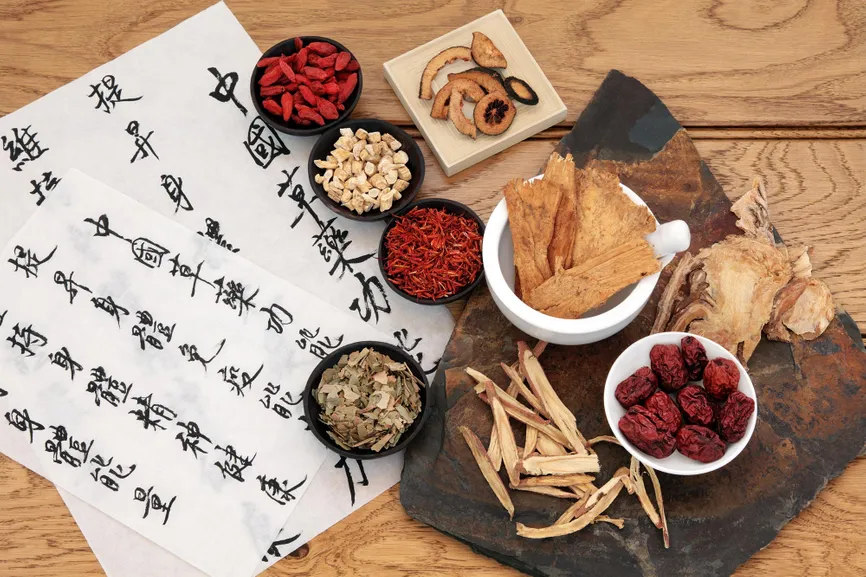Dampness is a significant concept in traditional Chinese medicine (TCM) closely related to one’s health. When there’s an excess of dampness in the body, it can lead to various discomforts like swelling, fatigue, and a sticky mouth. To improve this condition, you can adjust your diet to help eliminate dampness.
Firstly, red beans are an excellent choice. Red beans have a sweet and slightly cold nature, with the ability to diuretic, reduce swelling, and clear heat and toxins. They can help promote the elimination of excess dampness from the body, thus aiding in dampness removal.
Secondly, Job’s tears, also known as coix seeds, are another good option. They have a sweet and bland flavor, with a slightly cold nature and possess diuretic, swelling-reducing, and heat-clearing properties. They can not only speed up the removal of dampness but also help improve skin conditions, making your skin smoother and finer.
Green beans are known for their sweet and cool nature and have heat-clearing and diuretic properties. They help expel excess dampness from your body and, at the same time, can clear heat and toxins, making them useful in preventing heatstroke and food poisoning, especially in summer.
Moreover, teas such as green tea, chrysanthemum tea, and lotus leaf tea are also excellent choices. These teas have heat-clearing, diuretic, and swelling-reducing properties, helping to remove excess dampness from your body.
What Chinese Herbs Can Help Remove Dampness
In TCM theory, dampness refers to a pathological substance in the body that can lead to various discomforts such as fatigue, loss of appetite, diarrhea, and swelling. Here are some commonly used Chinese herbs for dampness removal:
- Poria (Fu Ling): It has the effects of diuresis, dampness elimination, invigorating the spleen, and replenishing qi. It is often used for treating edema and diarrhea. Poria can promote the metabolism of body fluids and enhance the function of the spleen, aiding in dampness removal.
- White Atractylodes Rhizome (Bai Zhu): It has the effects of diuresis, dampness elimination, and strengthening the spleen. It is commonly used for treating edema and constipation. White Atractylodes Rhizome can increase urine output, promoting the elimination of excess water, which helps alleviate edema and eliminate internal dampness.
- Licorice Root (Zhi Gan Cao): It has the effects of harmonizing the spleen and stomach and replenishing qi. It is often used to treat spleen and stomach weakness and loss of appetite. Licorice root can strengthen the function of the spleen and stomach, aiding in improved digestion and appetite.
- Tangerine Peel (Chen Pi): It has the effects of promoting qi circulation, dampness transformation, and pain relief. It is commonly used for chest discomfort and abdominal bloating. Tangerine peel can promote smooth qi circulation, alleviating chest discomfort and abdominal bloating.
- Atractylodes Rhizome (Cang Zhu): It has the effects of dampness-drying, phlegm-removing, and pain relief. It is commonly used to treat damp-heat phlegm and chest discomfort. Atractylodes rhizome can clear internal dampness and phlegm, relieving chest discomfort and discomfort.
It’s important to note that Chinese herbal treatment should be tailored to individual constitution and specific conditions. It’s advisable to use them under the guidance of a healthcare professional. In addition to herbal treatments, it’s essential to avoid consuming excessive oily, spicy, or cold foods in your diet. Instead, opt for light, easily digestible foods like vegetables, fruits, and whole grains. Additionally, regular exercise can help promote metabolism and the removal of dampness from the body.
